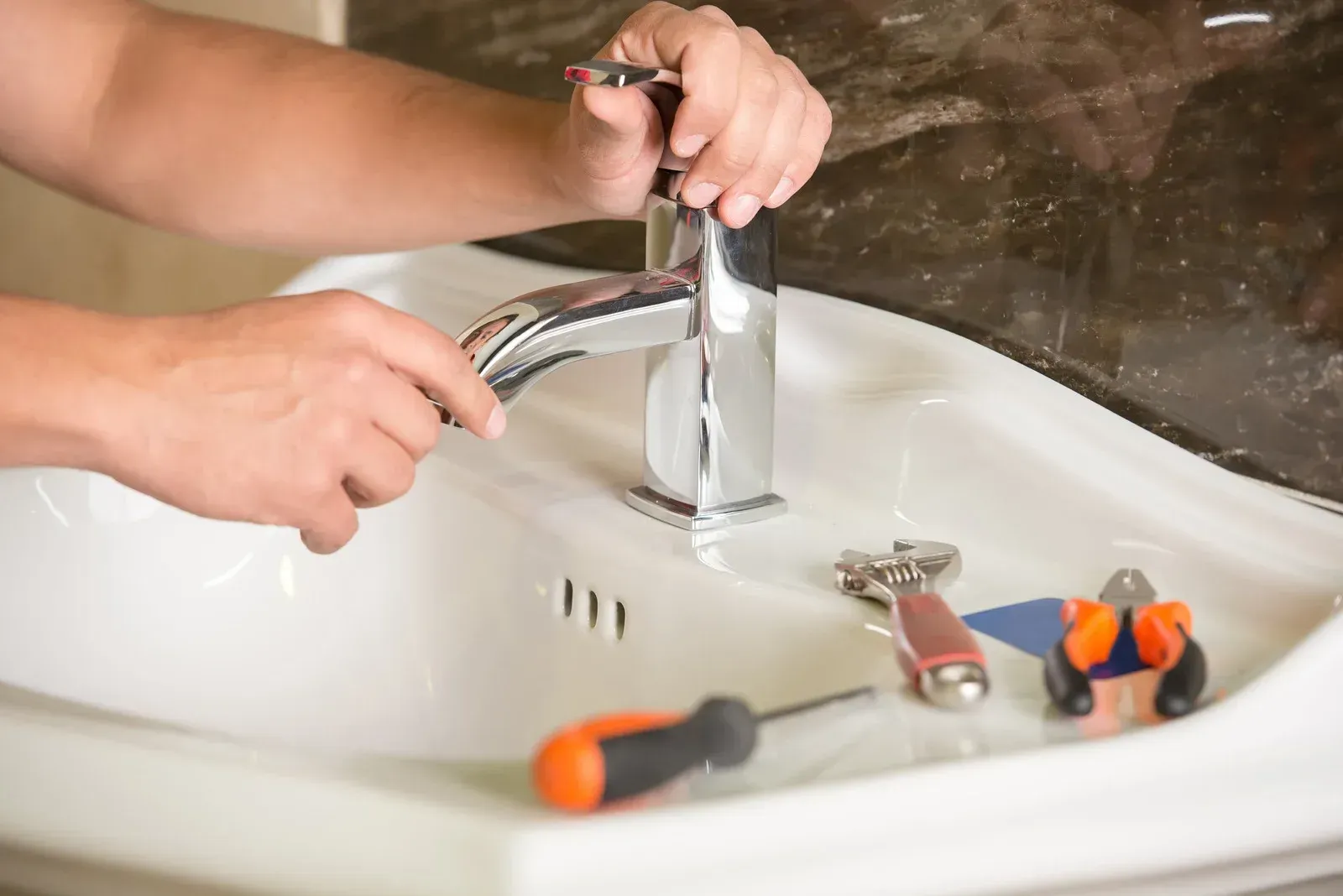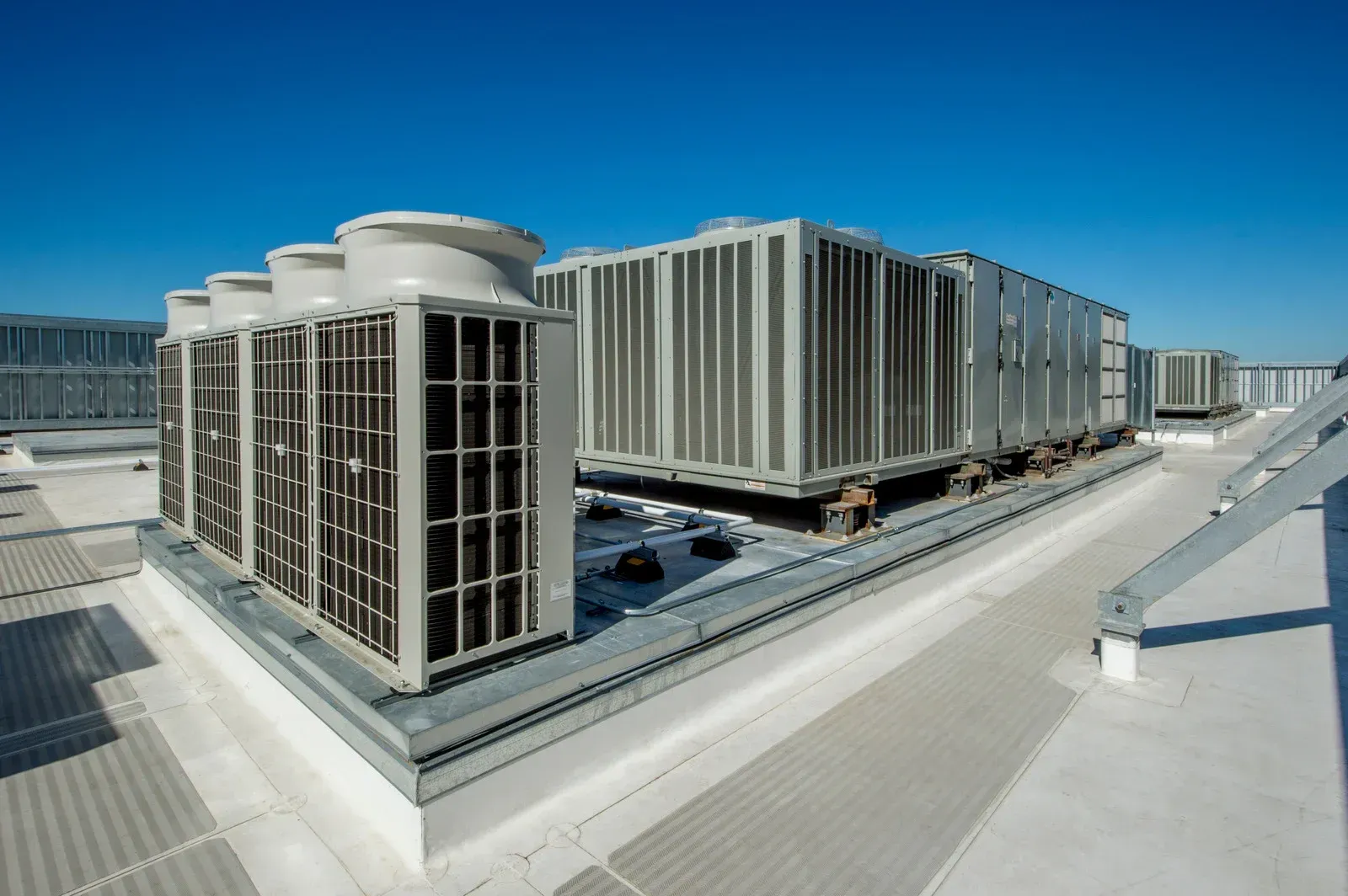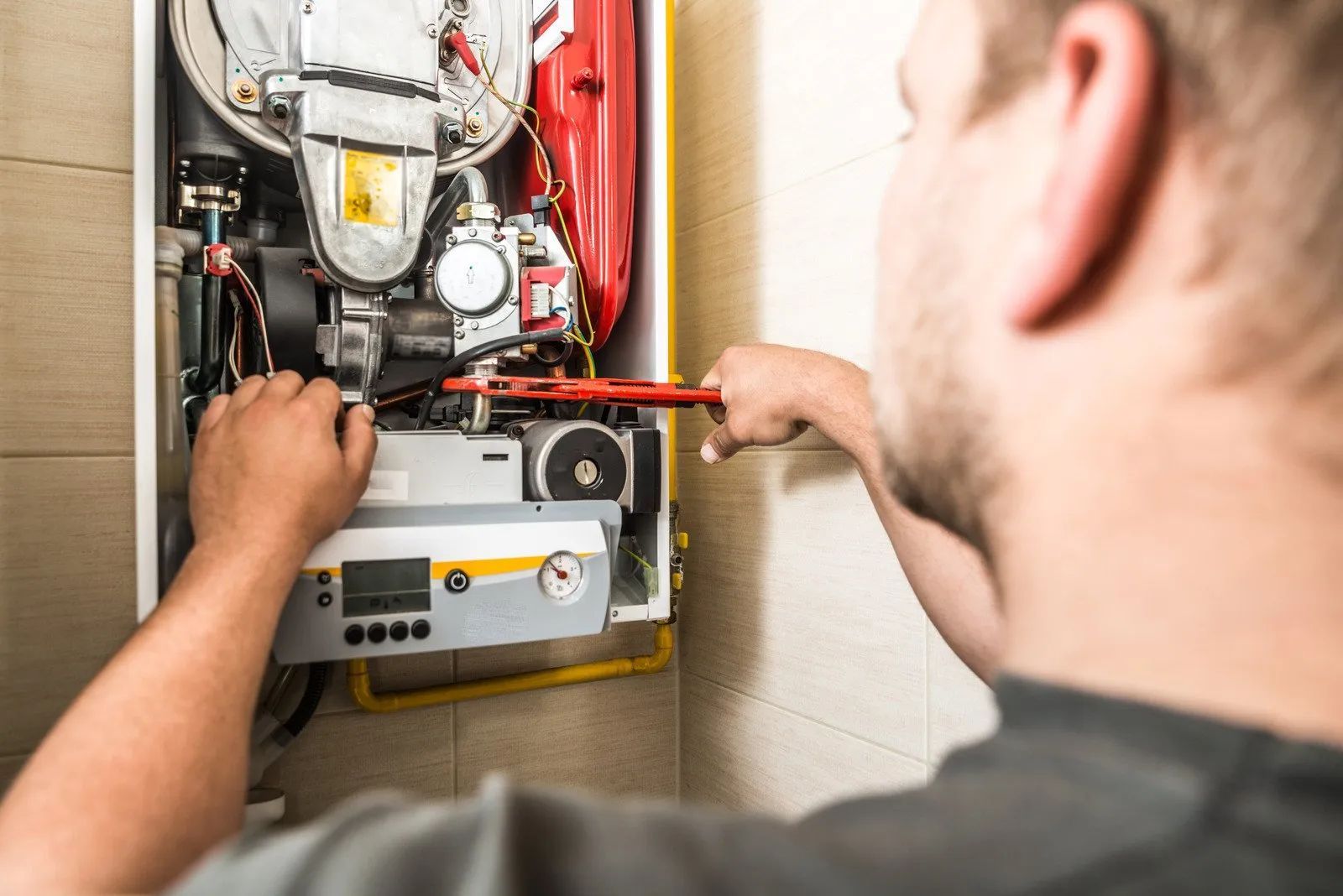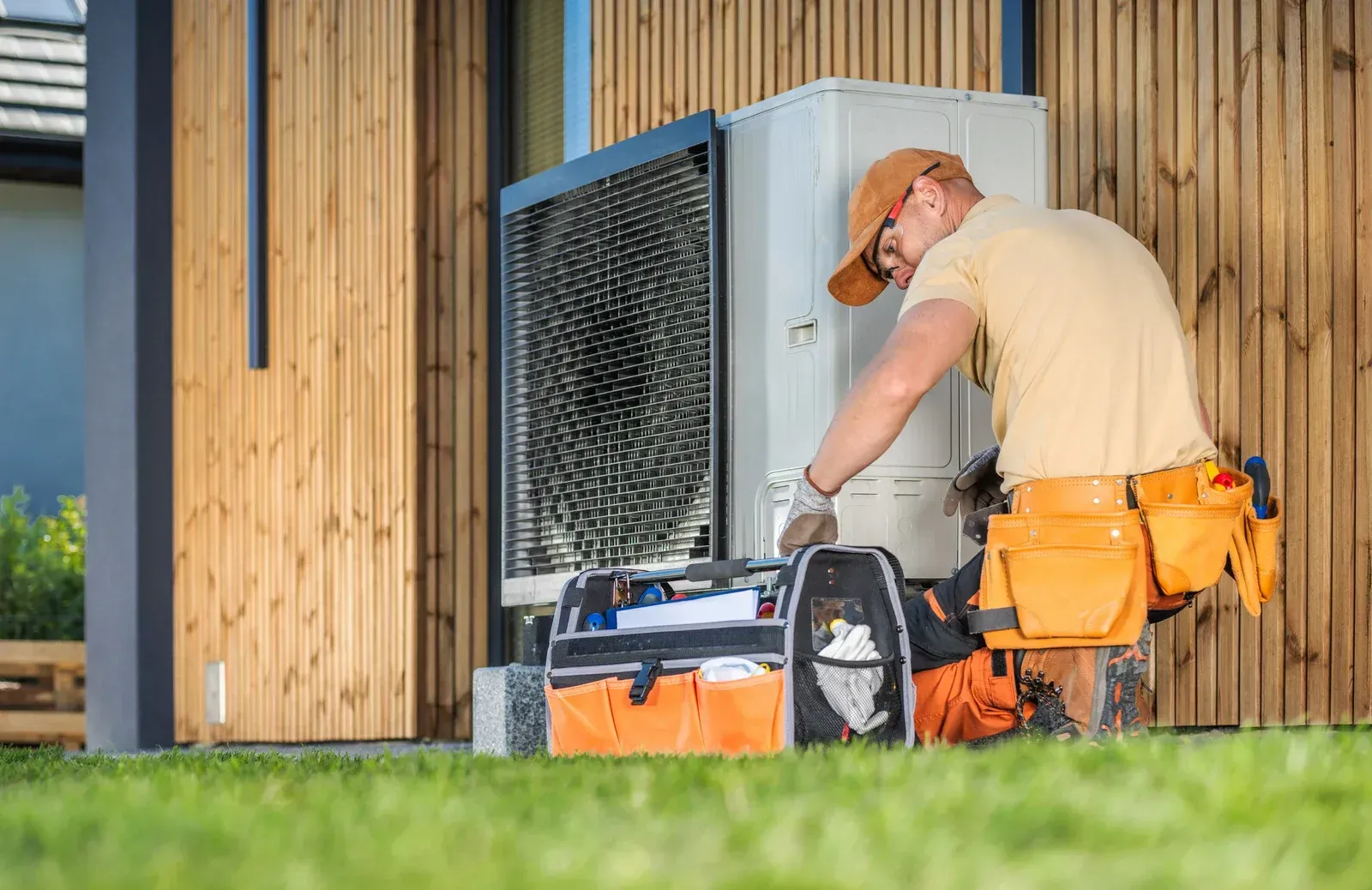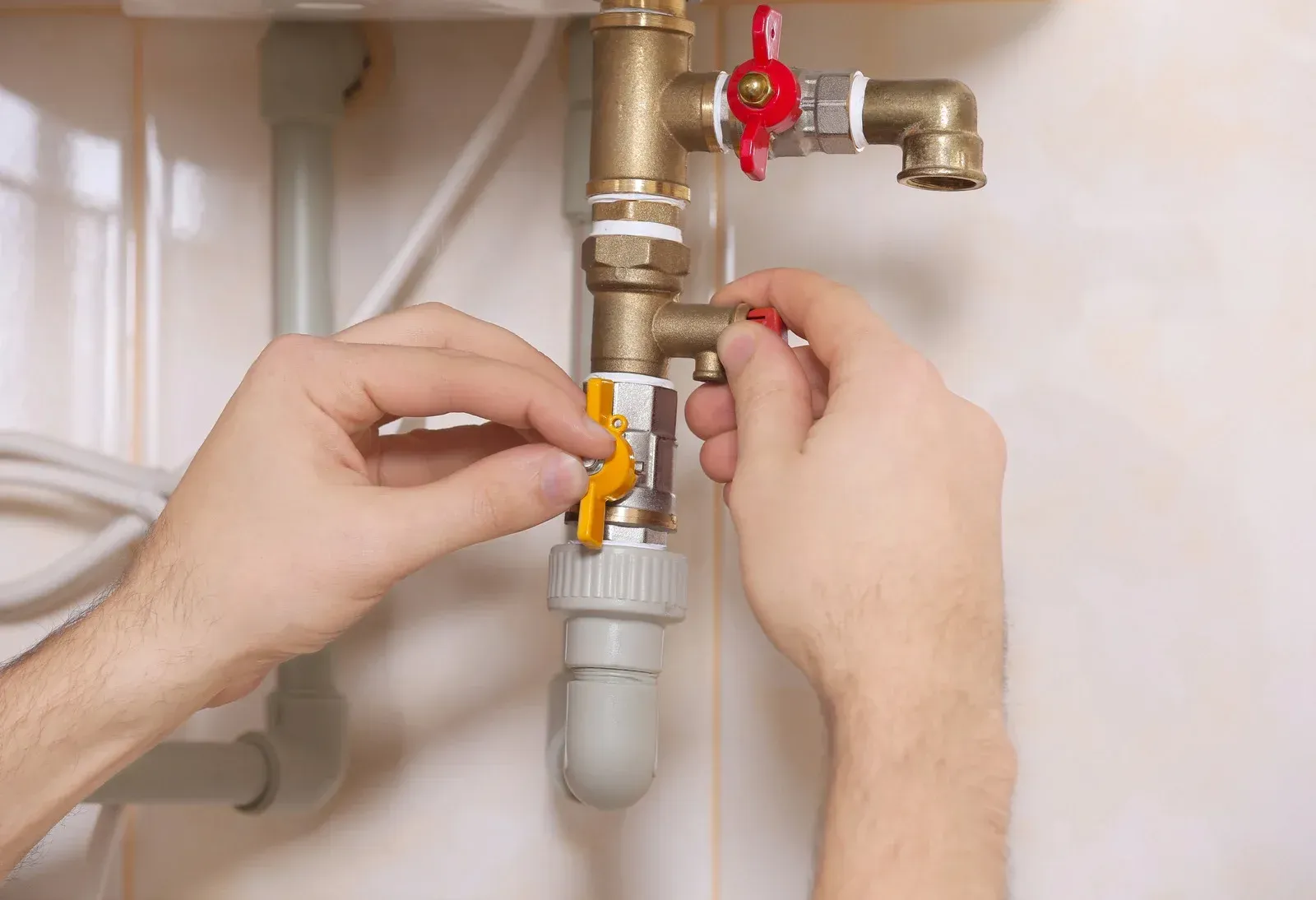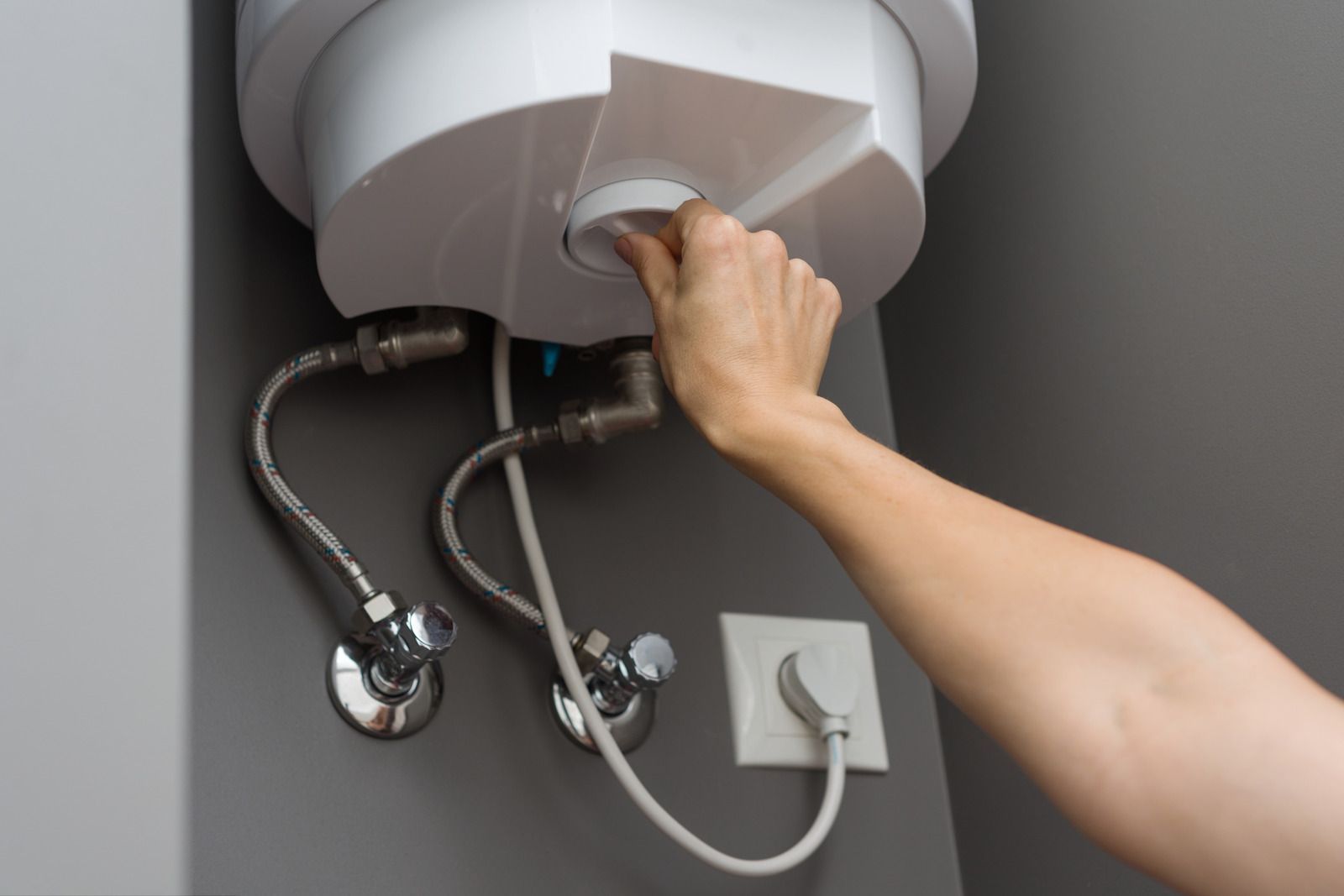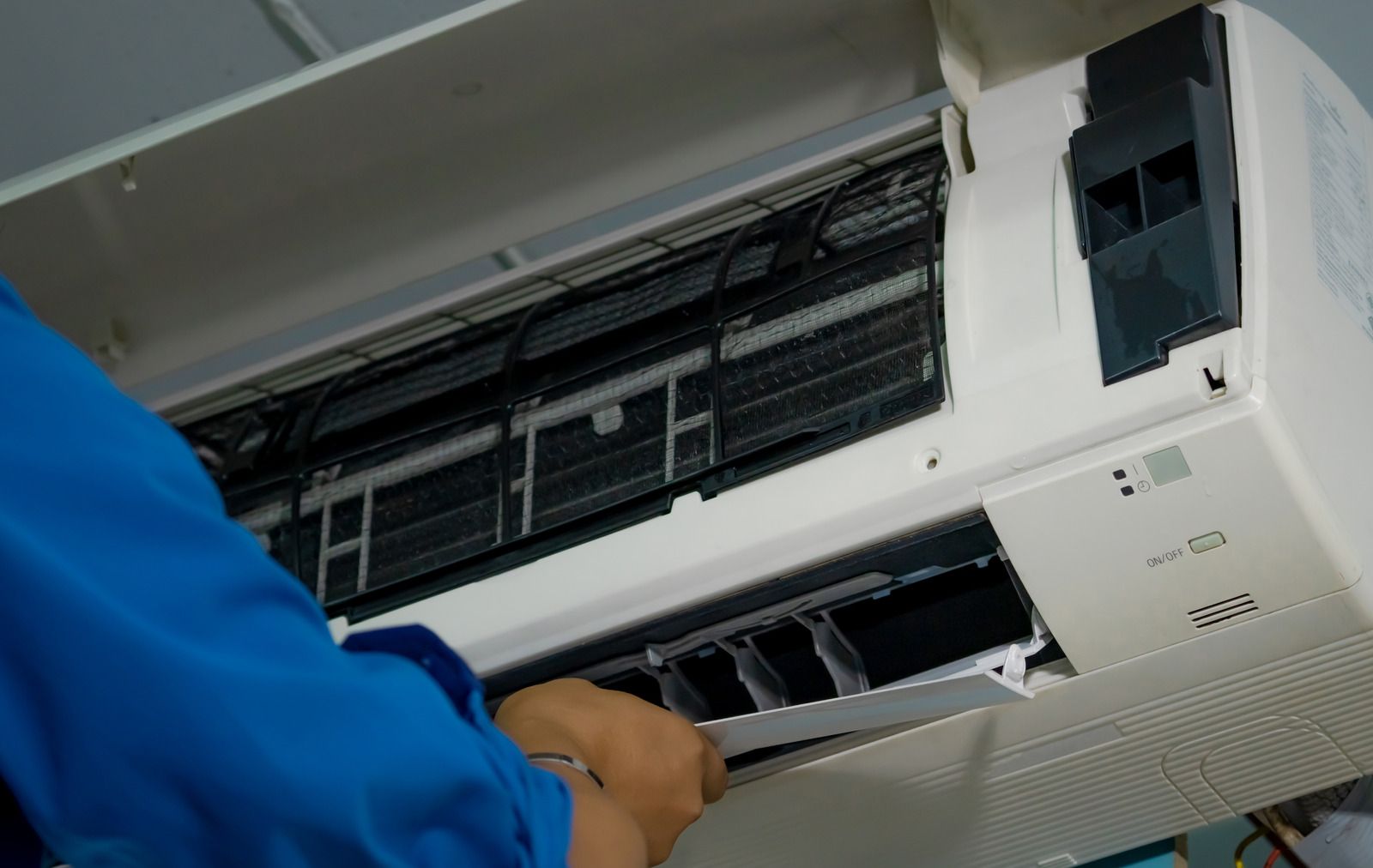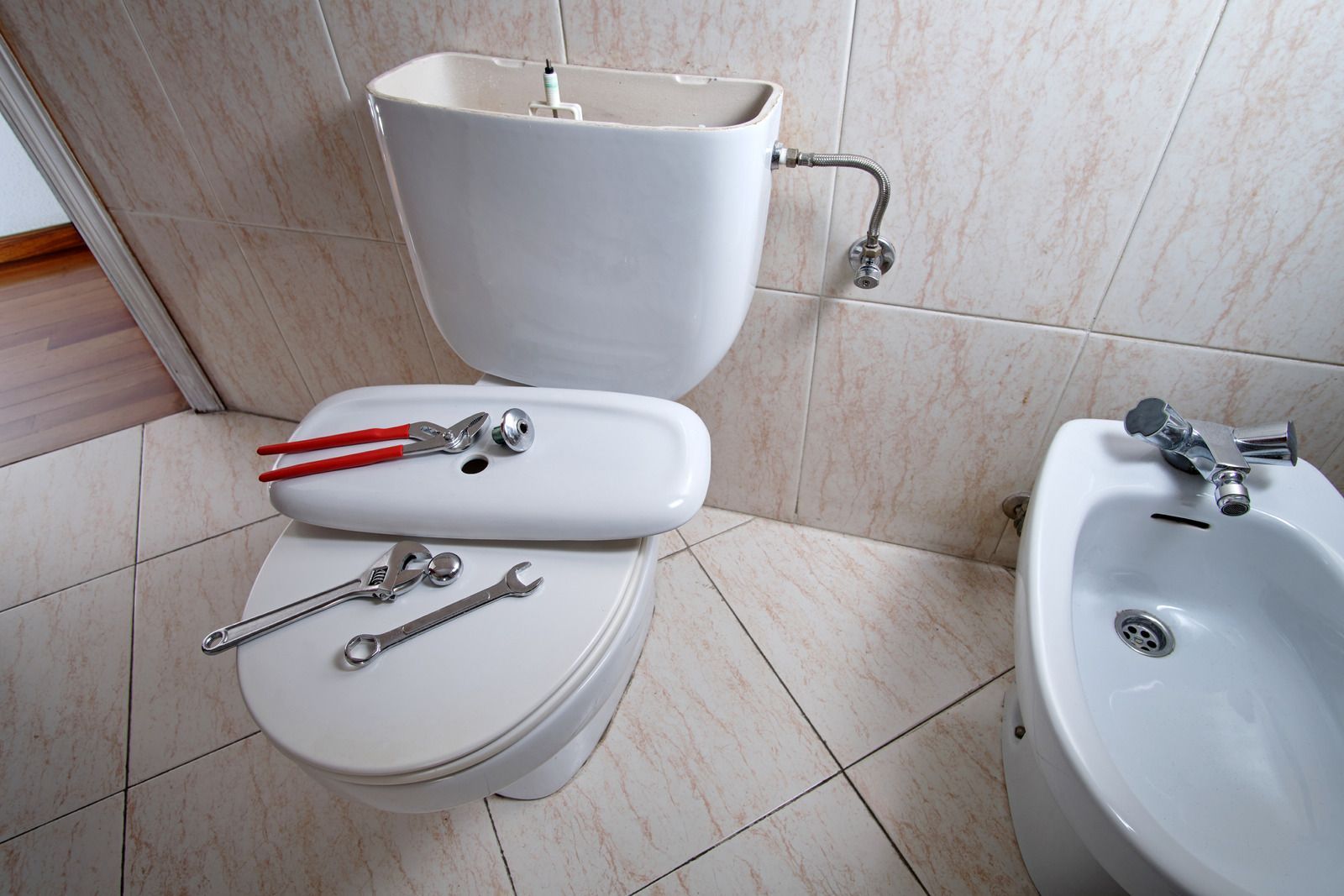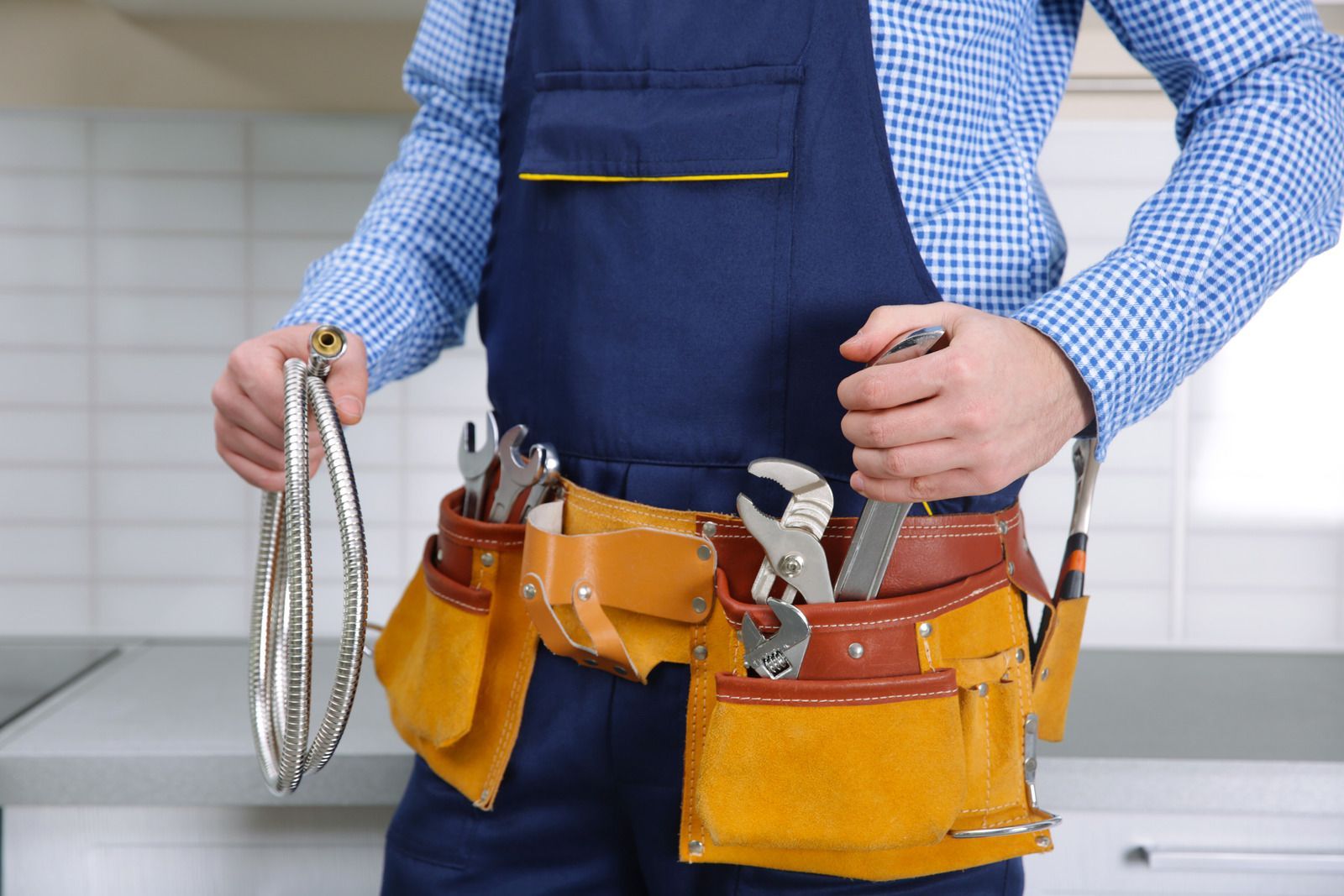Expert Tips for Dealing with Plumbing Emergencies Until Help Arrives
Plumbing emergencies can be daunting and may occur when you least expect them. Knowing how to handle these situations effectively can minimize damage and stress until professional help arrives, whether it's a burst pipe, a severe leak, or a clogged drain. This blog will guide you through expert tips on plumbing emergencies.
What are Plumbing Emergencies
Plumbing emergencies are not just inconvenient; they can lead to significant damage if not addressed promptly. Common emergencies include burst pipes, overflowing toilets, clogged drains, and leaking water heaters. The key to handling these situations is to remain calm and take immediate action to mitigate damage.
1. Immediate Steps to Take
- Shut Off the Water : In any plumbing emergency, the first step should always be to shut off the water. Locate the main water shut-off valve in your home and turn it off. This action will stop the flow of water and prevent further damage.
- Turn Off the Water Heater : After shutting off the main water supply, turn off your water heater to prevent damage to the unit. If it's a gas water heater, turn off the gas first.
- Tackle Small Leaks : If you notice a small leak, use the plumber's tape, rags, or towels to stop the leak temporarily. Placing a bucket or container under the leak can also help prevent water damage.
- Open Spigots and Drains :
Once the main water supply is shut off, open outdoor spigots and drains to drain the remaining water from the pipes. This action can help relieve pressure in the plumbing system.
2. Handling Specific Emergencies
- Burst Pipes : If a pipe bursts, shut off the main water supply immediately. Remove any furniture or belongings from the affected area to prevent water damage. Mop and soak up the water as much as possible.
- Clogged Drains and Toilets : For clogged drains or toilets, try using a plunger. If the clog persists, avoid using chemical drain cleaners as they can damage your pipes. If the toilet is overflowing, shut off the water valve behind the toilet.
- Leaking Water Heater :
If your water heater is leaking, turn off the power supply and the water supply to the heater. Avoid adjusting the temperature or pressure valves as it could worsen the situation.
3. Preventative Measures
- Regular Maintenance : Regular plumbing maintenance can prevent many emergencies. Schedule annual inspections with a professional plumber to identify and fix potential issues.
- Know Your Plumbing : Familiarize yourself with your home's plumbing system, including the location of the main water shut-off valve and how to operate it.
- Invest in Basic Tools : Having basic plumbing tools like a plunger, plumber's tape, and an adjustable wrench can be invaluable in an emergency.
When to Call a Professional
While some minor issues can be temporarily fixed, it’s crucial to recognize when to call a professional plumber. Significant leaks, burst pipes, and problems with the main water line require the expertise of a licensed plumber. Don’t hesitate to call for help, as delaying can lead to more extensive and expensive damage.
Conclusion
Plumbing emergencies can be overwhelming, but taking immediate and appropriate action can significantly mitigate damage. Remember to shut off the water, address small leaks, and know when to call a professional. Regular maintenance and a basic understanding of your home’s plumbing system can also go a long way in preventing emergencies. Stay prepared, and you’ll be able to handle any plumbing issue until professional help arrives confidently.
